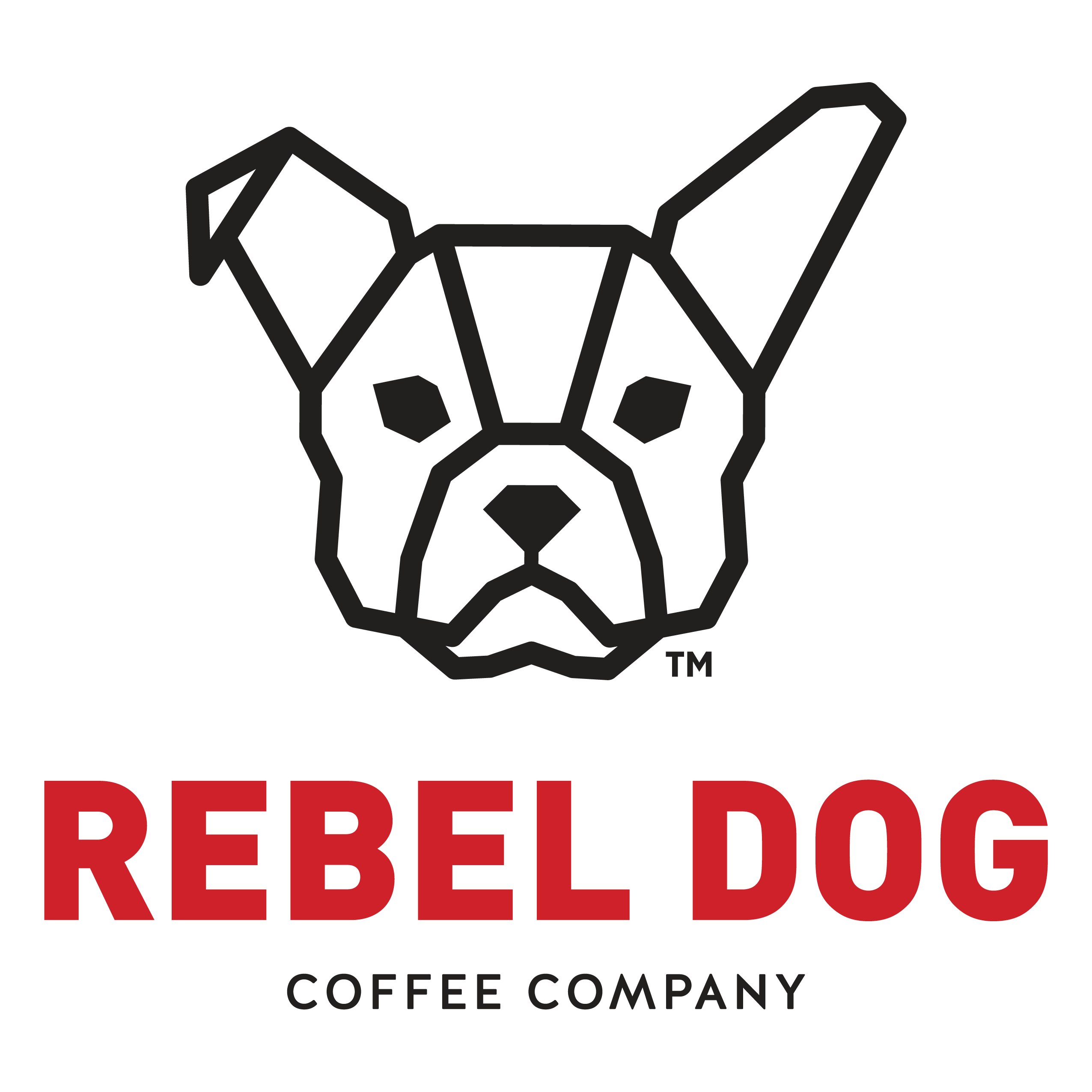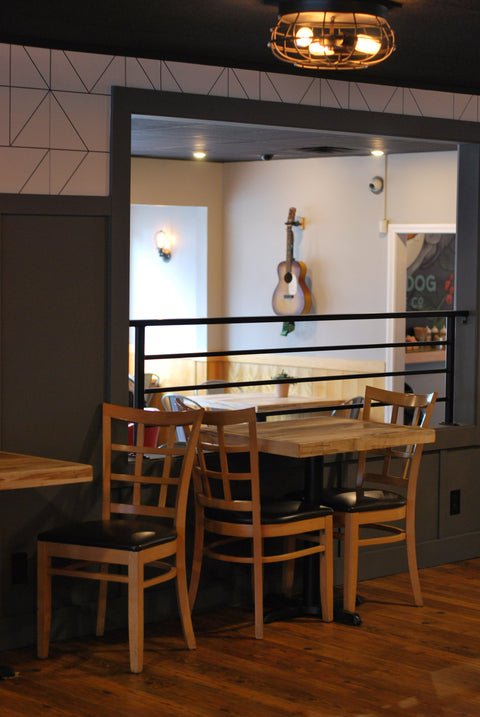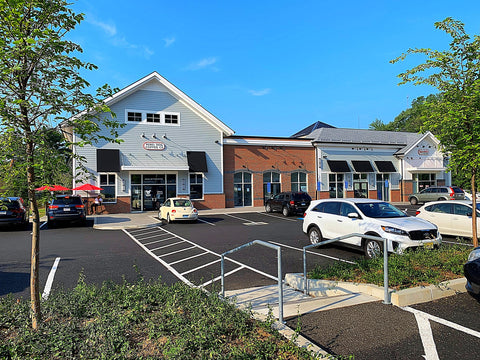Our Current Medium Roast Single Origin
If you subscribe now, this will be the coffee in your first shipment, and will continue to be the coffee you receive in this subscription until we rotate to our next medium roast single origin. Single origin subscribers will be notified by email when the coffee is about to change, and will get all details of the new coffee, with enough time to make any desired changes to their subscription plan.Varieties: Kartika, Linie S-795/Jember
Growing Altitude: 1,200 - 1,600 masl
Processing Method: Anaerobic Fermentation/Lactic Natural
The Walida Cooperative, led by Ahmad Muhlisin in partnership with Belift Green Beans, is responsible for growing coffee beans. When coffee is sold, 20% of the profits are allocated to the social non-profit cooperative. The cooperative runs a K-12 school that offers education to the villagers. A small percentage of the profits is given to the government to allow the villagers to grow coffee in that area. After completing his university studies, Ahmad became increasingly concerned about the low education levels in his region. He decided to provide free education to the local villagers since many of them were not prioritizing education. Some villagers opted to leave school after elementary school to work as farmers, while others got married at an early age (14-16) without realizing the other opportunities available to them. Ahmad came up with a solution to add more value to his village.
Ahmad's coffee is grown in the foothills of Mount Argopuro, in Situbondo Regency, East Java Province of Java Island in Indonesia.
He focuses on natural-processed coffee because water supply is scarce in his area, and the government has not been active in helping build irrigation/water supply systems there. The harvest season begins around early May and ends around late July. The coffee varieties grown include Lini S795 and Kartika. For this Lactic Process, cherries are carefully picked, cleaned, and sorted, then fermented in anaerobic tanks with added starter cultures, before being dried under the sun on raised beds. After the coffee is dried, it's hulled and sorted to be prepared and packed for exportation.

To promote lactic fermentation, producers create an ideal environment for the growth of lactobacillus cultures, the same bacteria used in dairy production responsible for the creation of lactic acids. They do this by placing highly sugary coffee cherries in an anaerobic (without oxygen) tank and leaving them to ferment. They carefully control the process, checking pH levels, temperature, and oxygen levels to find the perfect conditions for lactobacillus to flourish and dominate the fermentation.This usually results in a creamier mouthfeel, as well as more yoghurt-like flavours.
Due to its unique processing method, it is recommended that this coffee rests and off-gases for at least a week to ten days before it begins to taste its best. We think the juiciest, fruity notes and creamy mouthfeel of this coffee start to shine after this time, and only gets better with even more time, and we are still enjoying and discovering even more juicy notes from early roasts of this coffee almost two months after their roast date. Some producers and roasters even encourage anaerobic fermented coffees to rest for closer to a month before first brewing!
In the first week or so after this coffee is roasted, you will likely notice more astringent or "roasty" notes in the coffee, but these will subside dramatically the longer it rests after its roast date.
You can learn more about the lactic anaerobic fermentation process, and other experimental coffee processing methods, at the following resources:
How to roast anaerobically fermented coffee - Perfect Daily Grind
Lactic fermentation: What roasters need to know - Perfect Daily Grind
Understanding the Process: Lactic-Processed Coffee - Barista Magazine Online
Should you brew experimentally processed coffees differently? - Perfect Daily Grind
The Development of Experimental Coffee Processing Methods - XLIII Coffee
Coffee roasting & experimental processing methods - Perfect Daily Grind
Lactic acid bacteria: what coffee industry should know? - Current Opinion in Food Science








